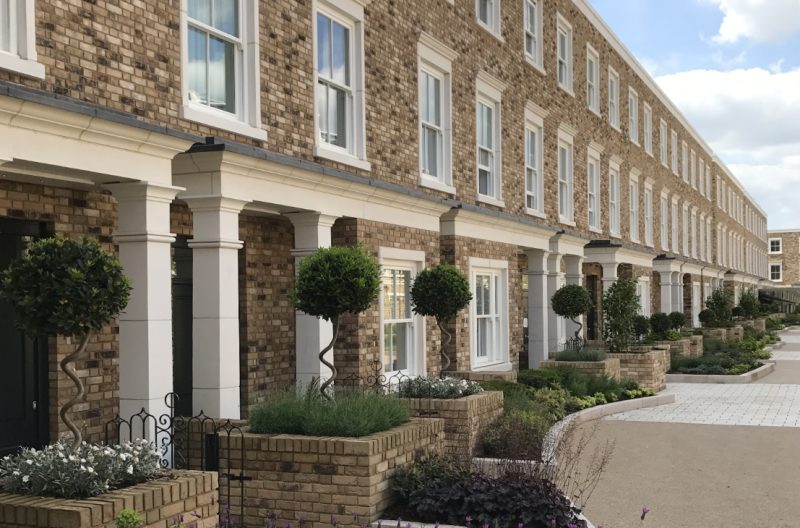
If you’re a UK homeowner looking to make energy-efficient home renovations, you’ll have likely been told already that the first step to take is to replace your windows. Or perhaps you’re looking into buying a new home altogether, and the single best piece of advice you’ll have been given is to replace the windows. By choosing the right energy efficiency and the right materials, you could get an almost immediate ROI and save a lot of money in the long term.
Will I save money with Double Glazed uPVC windows?
Yes, without a doubt. Double glazing is environmentally friendly, saves money on electric bills, and provides an ROI by increasing your property value.
- The Energy Saving Trust has found you can save £235 annually on energy bills
- Double Glazing can raise your property Value by 10%
- You can protect the environment from 330kg of CO2 Annually
But before going off to buy the first set of windows you can get your hands on, it’s important to understand what to look for, what materials to build your windows with, and more importantly what kind of glazing to use.
Why should I use uPVC windows to save money?
Despite how much cheaper they are than wood or aluminium frames, uPVC outperforms both in terms of energy efficiency in the long term.
Wooden frames undergo a repeated cycle of absorbing moisture and drying up, causing cracks to form and subsequently, draughts to enter the house. On the other end of the spectrum, aluminum may not have this issue, but metal is a very strong heat conductor. This means more heat from the inside of your house leaves it.
However, uPVC windows neither absorb moisture nor does it conduct heat to the extent aluminium does. This means it’s less vulnerable to draughts forming as a result of wear & tear, as well as having excellent capabilities trapping your heat in your home. If you’ve got your heart set on a different material for your window, but you’re very energy conscious, you can refer to our uPVC vs Aluminium or our Timber vs Timber Alternatives guide to help you make a decision.
How can I find an energy efficient window?
When you’re window shopping online, there are certain terminologies you’ll come across that you have to use as indicators of what makes a good window:
Energy Ratings – A window energy rating is a metric of measurement used to rank how energy efficient a window is. It’s on a scale from A++ to G, with A++ being the most energy-efficient and G being the least.
U-values – This is a unit of measurement used to measure heat conductivity. A low u-value is indicative of low thermal conductivity and higher insulating capabilities.
Low-E glass – Low-E glass is a term used for glazing that has been coated with a layer of metal oxide that is invisible to the naked eye. This allows light to pass through while preventing heat from escaping.
In simple terms, you’ll want to look for a window that has high energy ratings, low u-values, and low-e glass.
How much money can I save with energy efficient uPVC windows?
Although the Energy Savings Trust has published that in the best of cases, you can save £235 annually, that’s with A++ rated windows in the ideal property. To get a more rounded estimate based on your property, with differences please use the averages below:
•Even on the low end, installing C-rated double glazed windows can result in annual savings of up to £135 for detached homes, £95 for semi-detached homes, £75 for mid-terrace homes, £65 for bungalow homes, and £50 for flat buildings.
•Installing A-rated double glazing in a typical detached property might result in annual savings of between £120 and £155, while semi-detached homes could save between £80 and £110.
• With new A-rated windows, bungalows and apartments might save up to £75 and £55, respectively.
If you’re ready to take the leap
Our free online quoting engine will give you an idea of the budgetary requirements needed to take your home to the next level.
If you need to speak to a professional
You can contact us directly, we have industry experts with a wealth of experience here for you.






